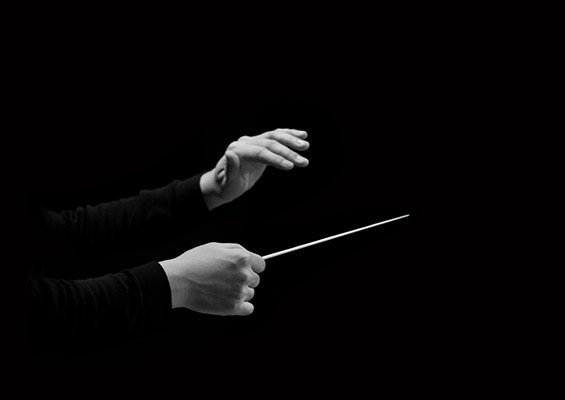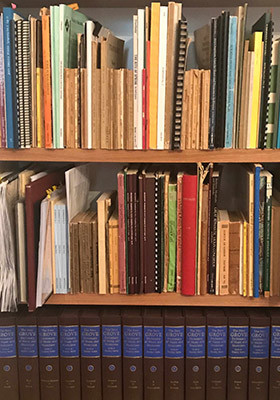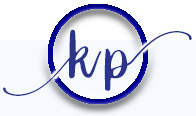
As a conductor and musical director, I have never written extensively on the Art of Conducting. There are several reasons for this primarily concerned with the fact that conductors are more effectively indulged in their musical opinions by ‘doing’ rather than ‘saying’. In the theatre world we would refer to this as “Show me, don’t tell me” a silent proposition that most orchestral players implore conductors to follow. There are several conductors who do write effectively and with clarity. This is far from an exhaustive list, but some of these include:

- Leonard Slatkin – who currently has two books in print, Leading Tones: Reflections On Music, Musicians And The Music Industry (2017) and Conducting Business: Unveiling the Mystery Behind the Maestro (2012).
- Kenneth Woods – Extremely erudite American conductor who has written a number of perspicacious blogs on the Mahler symphonies https://kennethwoods.net/blog1/
- On Mahler again – anything written by Donald Mitchell and Andrew Nicholson such as The Mahler Companionor the hefty tomes by Henry-Louis de La Grange – Gustav Mahler (Vols. 1 – 3).
- If there is a book on conducting I admire for its analytical reasoning it is the Musin/Proskurnya The Techniques of Orchestral Conducting by Ilia Musin. It is, admittedly, very expensive to buy and quite hard to find.
- Most books on conducting are, by and large, turgid affairs. Even recent efforts by (mostly) American college/university conducting professors fair little better espousing content about both music and conducting technique that is highly dubious if applied to professional orchestral music-making. A rare exception to this is the latest book by the Baltimore-based Markand Thakar, whose On the Principles and Practice of Conducting is a very considered study.
- The one conductor who I wish would write more often is the American Jeffrey Schindler. His musical insights, if you take the time to read his thoughts on music and how to approach it as a conductor are lucid and thought provoking. http://www.jeffreyschindler.com/blog/
Nonetheless, over time there are some topics I will address in this forum if only to offer counterpoint to some long-held beliefs and practices of orchestral conducting that are outdated, outmoded but still perpetuated. I hope you’ll find them interesting.
Let’s begin with a list of useful starting-out references for the conductor. Besides obtaining good editions of study (or full) scores to work on, these reference materials are usually found in most serious conductors’ libraries. In alphabetical order:
Aronowsky, S. Performing Times of Orchestral Works. Ernest Benn Ltd: London, 1959. Use in conjunction with David Daniels Orchestral Music Online. https://daniels-orchestral.com/
Del Mar, Norman. Anatomy of the Orchestra. Faber & Faber: London, 1981.
Del Mar, Norman. A Companion to the Orchestra. Faber & Faber: London, 1987.
Del Mar, Norman. Orchestral Variations. Eulenburg Books: London, 1981.
Fogel, Henry. Timings of Orchestral Literature. From the recording library of Henry Fogel. www.henrysrecords.org
Korn, Richard. Orchestral Accents. Farrar, Straus & Co: New York, 1956.
Saltonstall, Cecilia D. and Henry Saltonstall. A New Catalog of Music for Small Orchestra. European American Music: Clifton, NJ, 1978.
